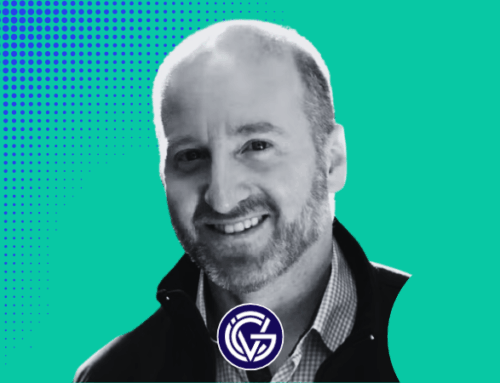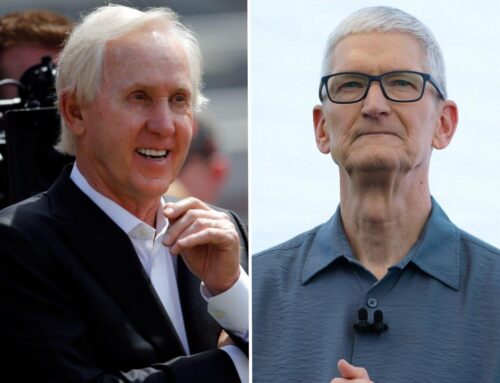Vacaville Council decides cannabis not a priority
April 2, 2025
Vacaville’s cannabis program will remain in the weeds for at least another year.
The Vacaville City Council gave staff direction at last week’s special city council meeting that cannabis dispensaries should not be a priority for the city during the next year. Staff outlined the existing policies and said the city is already about 80 to 90 percent of the way done with complete regulation. Staff described the city’s current position as a regulatory limbo.
Cannabis manufacturers would only be allowed with a 600 to 800-foot buffer from other businesses located in business and industrial parks. Cannabis retailers would only be allowed in general commercial zoning with a similar buffer.
Vacaville Police Chief Chris Polen outlined statistics from a variety of departments in the surrounding area. Fairfield Police said the dispensaries in their city are phenomenal to work with. Dixon Police echoed those positive sentiments.
“I think it depends from city to city and some of the clientele that are in those cities,” he said.
Ken Matsumiya, director of finance, said Vallejo brings in about $2 million in revenue annually from dispensaries and Woodland brings in a little more than $300,000. It’s not clear from the data gathered how much it costs cities to put these programs into place, however, and each city taxes them differently.
Delivery drivers from businesses in other cities can already come into Vacaville and sell cannabis directly to Vacaville consumers, staff pointed out, but their home city collects the tax.
Councilmember Roy Stockton asked why staff chose to highlight the cities that they did, and noted a major shooting outside of a dispensary in Martinez in the course of a robbery.
“I think we all recognize that there is money that can be made from cannabis,” Stockton said, “but I have some severe concerns about the safety of our community, the safety of our law enforcement officers as it relates to this, and that’s in addition to the staff time and consultant fees.”
City Manager Aaron Busch said even if the council left all of the existing ordinances as is, finishing the program would take considerable staff time and involve six departments.
Councilmember Ted Fremouw alleged that middle and high school students across the community consume cannabis daily on VUSD campuses. He also referenced people smoking cannabis downtown on the weekends.
Fremouw said his nephew, who recently died, started down a bad path with marijuana, and he himself did when he was 13 years old.
“I’m not against people making choices for themselves,” he said, “we’ve got dispensaries all around us, we don’t have them right here, and I know that adds a burden to some people who may not be able to get outside of the area, but I also know that for myself and for my own family that marijuana was a gateway drug for many people in my family, many of the friends I’ve had in the past.”
Mayor John Carli said he opposes dispensaries in the community and noted that his position has remained the same since he was police chief himself. Carli did ask if the city could possibly collect taxes on cannabis delivery drivers.
“It’s an industry that exists, and anyone who wants to order it’s not as if they can’t,” he said. “California has legalized it, it’s still illegal nationally, and I’ve seen – like many other people – the effects in our community. It’s hidden, but it’s not hidden for those who respond to those calls every day.”
Councilmember Jeanette Wylie asked if manufacturing facilities could be accomplished here without retail stores.
“I have had people talk to me, ‘I don’t like to go out of town, this is important for my health.’” she said. “For the last four years, people have been talking about how we need it in Vacaville.”
Councilmember Greg Ritchie said revenue is one thing, but he has other priorities this year.
“Drugs are going to be here,” he said. “People have been getting high in Vacaville and doing cocaine since the ’60s.”
Councilmember Michael Silva said he knows people in the city use the substance, but expressed that it may not need to be an immediate priority.
“I think the stigma that still exists is unfortunate,” Silva said.
Search
RECENT PRESS RELEASES
Related Post








